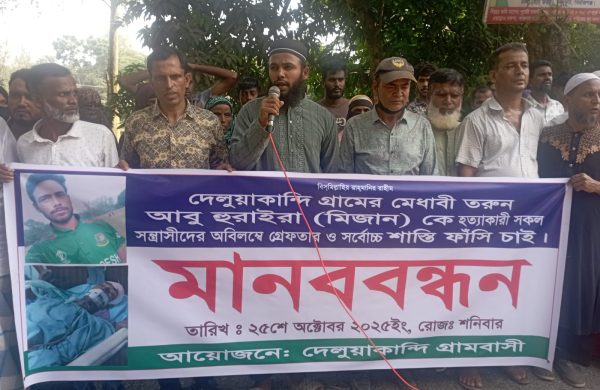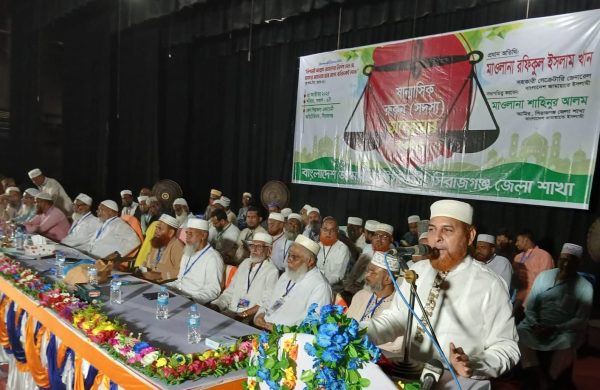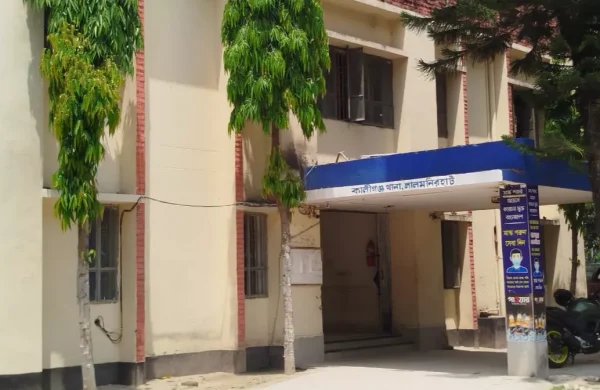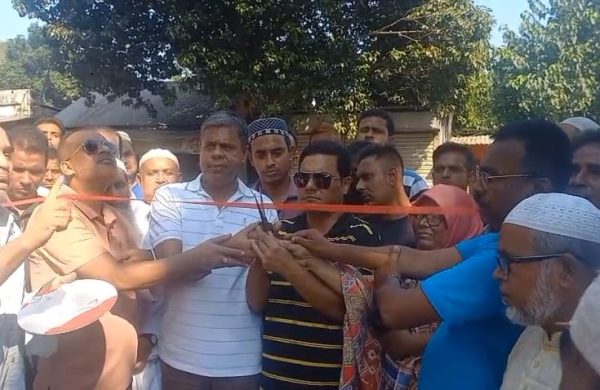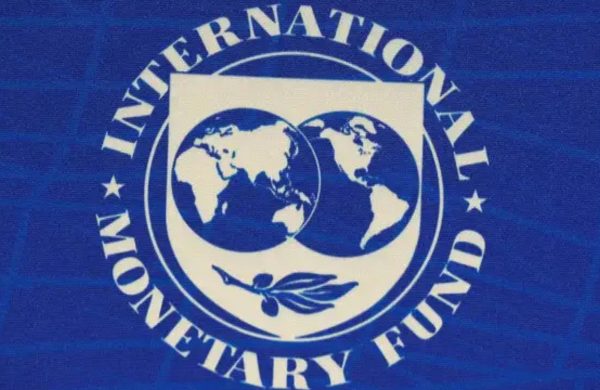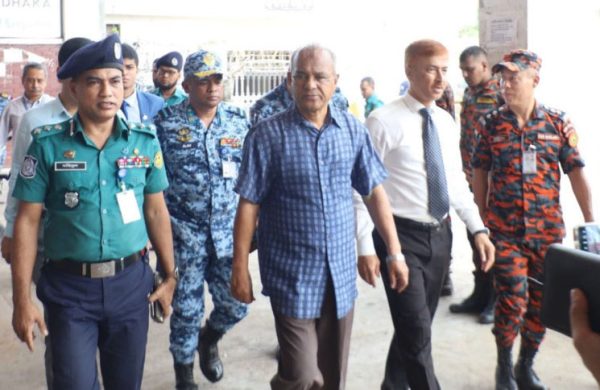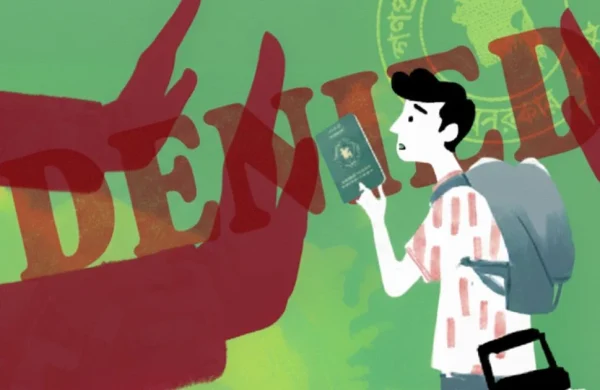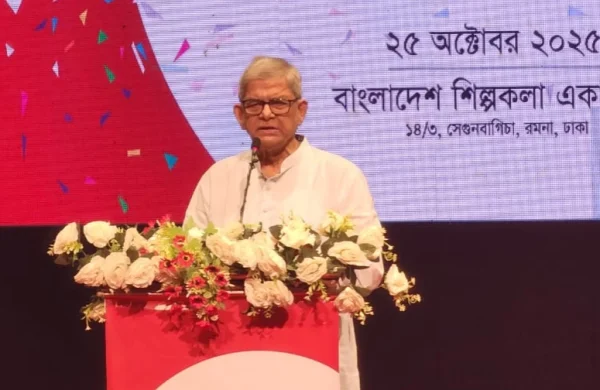Rabindra University :Students’ blockade disrupts train services on Dhaka-Rajshahi route
- Update Time : Wednesday, August 13, 2025
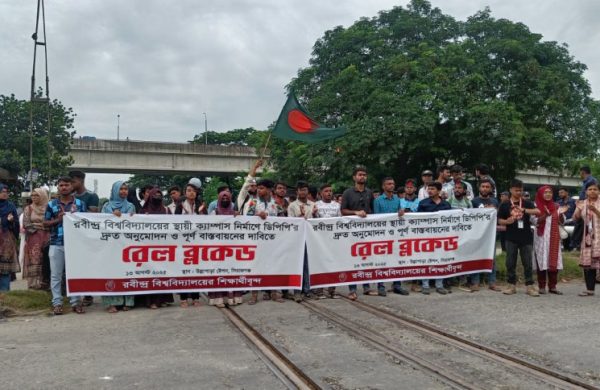
Train operations resume after six hours
Staff Reporter:
Rail communication of Dhaka with the northern districts resumed six hours after Rabindra University students withdrew their barricade from the rail tracks in Ullapara rail gate area of Sirajganj on Wednesday.
Earlier this, the train communication between Dhaka and 16 districts of the northern region including greater Rajshahi came to a standstill as the students of Rabindra University blocked the railway near Ullapara railway station in Sirajganj district demanding swift approval and full implementation of the Development Project Proposal (DPP) for the construction of a permanent campus.
Agitating students gathered at a level crossing nearby Ullapara railway station at around 9:00 am and put barricade on the railway. They also chanted several slogans to press home their demands.
According to the protesters, although the university was established nine years ago, the DPP for building the permanent campus in Shahjadpur has yet to be approved.
They said repeated appeals have gone unanswered, forcing them to escalate their movement.
Teachers, students, officials, and employees had launched the campaign on 26 July by boycotting the university’s founding day events. Since then, they have organised a series of programmes, including symbolic classes, street plays, protest songs, and road blockades on the Bogura–Nagarbari highway.
On August 8, they held a human chain at Hatikumrul roundabout, followed by a highway blockade on Sunday (10 August) that disrupted Dhaka–northern region road transport for nearly two hours.
Assistant Station Master of Ullapara Railway Station, Monirul Islam, said police and railway security personnel were deployed at the site and higher authorities had been informed.
The students withdrew their six-hour-long railway blockade after announcing a fresh protest for Thursday.
As part of their ongoing movement, they will block the Jamuna Bridge West Link Highway and nearby railway tracks from 11:00am on Thursday.
The students warned that protests would continue until their demands are met, adding that the government must bear responsibility for any public inconvenience caused.



